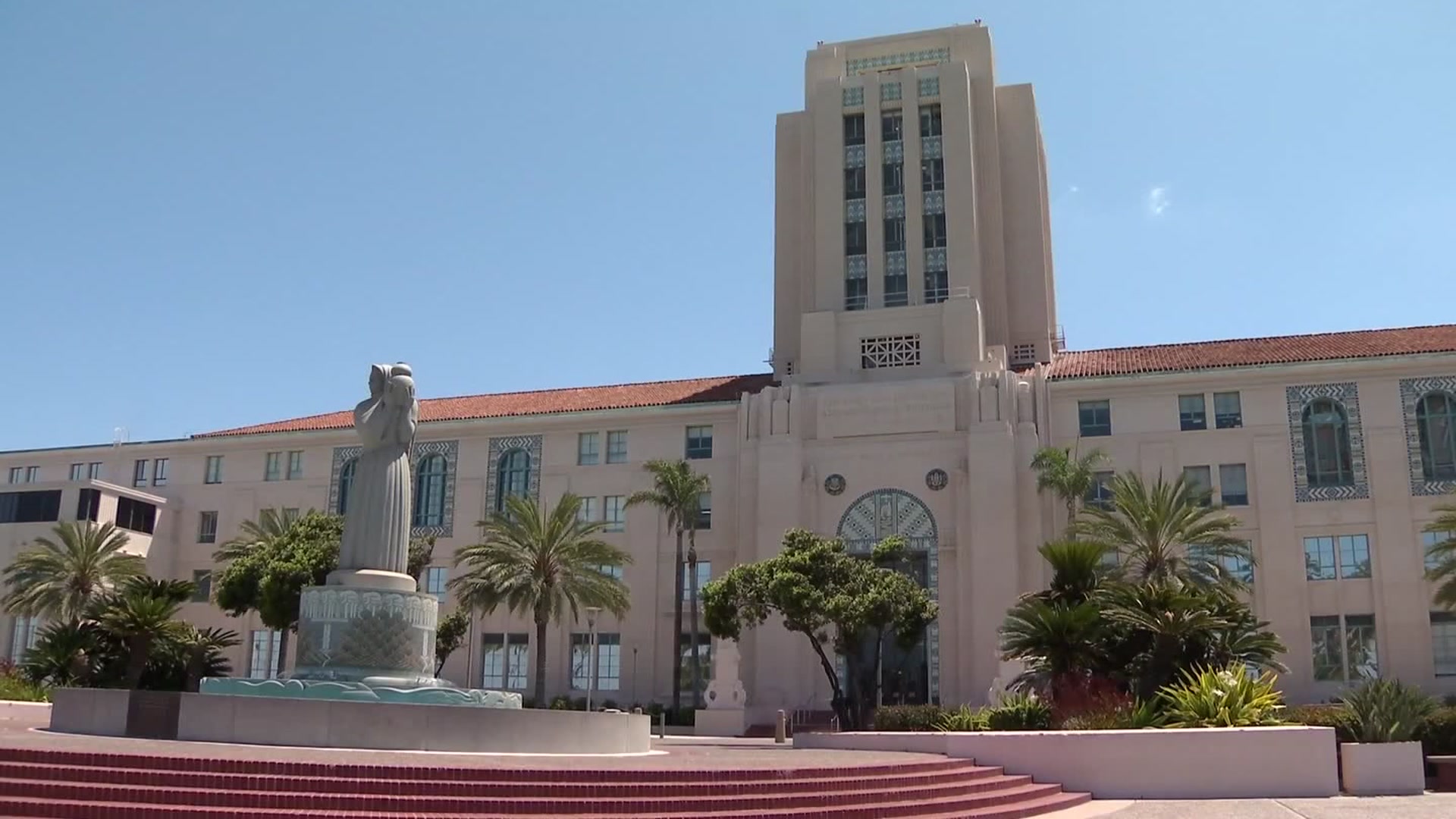As a show of support for the local Black LGBTQ community, San Diego Pride has excluded San Diego law enforcement agencies from participating in Pride’s annual parade until its policy reform demands are met.
Those demands include:
- Recognize the San Diego Pride Parade as a free speech event and no longer bill the organization for road closures and safety.
- The City of San Diego will immediately adopt the #8CantWait Campaign recommendations.
- Support a phased approach to policy reform recommendations centering Black LGBTQ San Diegans.
#8CantWait is a police reform campaign urging law enforcement agencies to adopt eight use of force policies that can limit death and injuries at the hands of their agents. They include:
- Ban choke holds & strangleholds
- Require de-escalation tactics
- Require verbal warning before shooting or using deadly force
- Require agents to exhaust all alternatives before shooting
- Require officers to intervene and stop excessive force used by other officers, and to report these incidents immediately to a supervisor.
- Ban shooting at moving vehicles
- Require use of force continuum that restricts the most severe types of force to the most extreme situations and creates clear policy restrictions on the use of each police weapon and tactic.
- Require comprehensive reporting
“It’s time to pause in some of the ways we engage with law enforcement and really listen to the voices of the LGBTQ Black community who have been asking for this to happen for a long time,” Pride Executive Director Fernando Lopez said.
In a blog post on Pride’s website, Lopez noted “incredible strides” between Pride and law enforcement agencies over the last five decades that have lent a hand in progress toward equality, but said “The Black LGBTQ community, transgender community, and communities of color, however, feel left behind.”
Local
“For years, these communities have approached San Diego Pride and made public cries for support, as they attempt to explain the disparities they live through every day,” the blog post continued. “Every year these calls for help echo with calls to protest or boycott Pride. These activists and community members believe we do not value their lived experiences. In 2015, the Pride Parade was delayed with a die-in led by trans activists of color out of anger at their lived disparity and Pride’s lack of responsiveness. In 2019, the year of the 50th anniversary of the Stonewall Riots, saw renewed calls to protest Prides and direct action led by trans and people of color activists delayed nearly every single major Pride event in the county.”
The post said that civil unrest since the killing of George Floyd by Minneapolis police has deepened the fracture between the LGBTQ community and the Black LGBTQ community within it.
Pride said that it would reconsider allowing law enforcement agencies to participate in the annual parade when its demands are met. The San Diego Police Department, which employs openly LGBTQ officers and staff, regularly participates in the march and has a booth at the event.
“The members of the San Diego Police Department are all part of the community, including the LGBTQ community,” a statement from the department said. “We are disappointed with the decision made by San Diego Pride because further divide is not what we need at this critical time. We will focus on reviewing recommendations brought forth to continually strengthen community partnerships.”
Last week, SDPD was the first county law enforcement agency to ban the carotid restraint, a blood flow-restricting stranglehold, and several law enforcement agencies in the county followed their lead days later. On Wednesday San Diego Mayor Kevin Faulconer announced SDPD was developing a de-escalation policy that he and Chief David Nisleit planned to implement and introduce next week.
Lopez also sent a letter to Mayor Kevin Faulconer asking him to support the policy change demands.
In a statement, Faulconer said SDPD's participation in the parade is a learning opportunity in addition to a show of unity.
“For years San Diego Police officers have marched in solidarity with our LGBTQ community. Our officers need to be out there continuing to engage and learn from the diverse communities they are sworn to serve and protect, including at events such as Pride. San Diego remains committed to the important work of strengthening the trust between our officers and communities,” Faulconer said.



